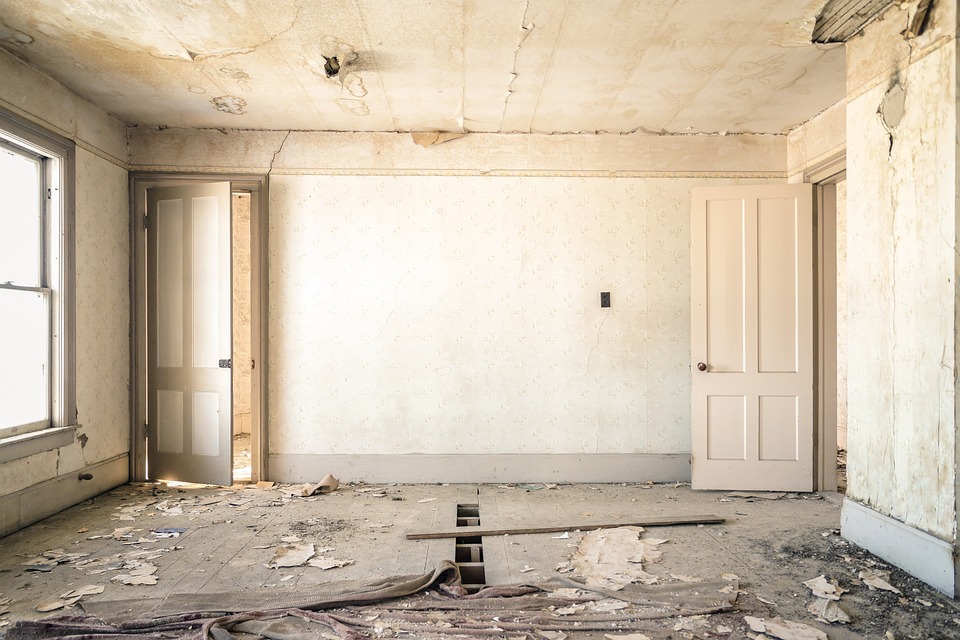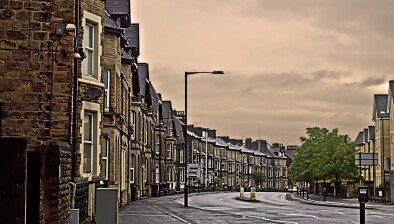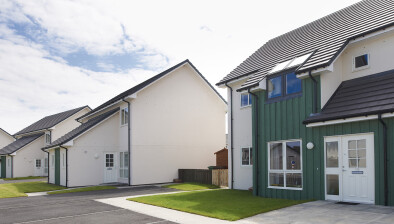England: CIEH calls for extra resources to help tackle empty homes

The Chartered Institute of Environmental Health (CIEH) is calling for extra resources to help environmental health teams deal with the blight of empty homes as communities report rises in unoccupied housing, and landlords threaten to leave the market.
This follows a BBC investigation that has highlighted an increase in the prevalence of empty homes and related impacts on neighbourhoods.
CIEH is the professional body representing environmental health professionals who are working on the ground every day supporting their communities impacted by the issues created by empty homes including pests, anti-social behaviour and criminality.
In its investigation, the BBC spoke to people in an area of Bristol about the impact of empty houses in their community.
Many local authorities are achieving great success in targeted work to bring buildings back into use for the good of these neighbourhoods and to tackle criminal behaviour. However, more support is needed for environmental health teams to deal with an increasing issue of empty homes.
CIEH head of environmental health Ian Andrews said: “There are buildings out there that could be brought back into use and there are many families out there who would really enjoy the opportunity to have their own home. Our members play a key role in keeping people safe and well in their homes.
“Churn in the market is already very much in action, with landlords leaving the rental market and homes being left unoccupied for sustained periods of time as a result. This is adding to already high levels of inoccupation. Government funding is needed now to support local authority environmental health teams tackle this issue.”
CIEH member and Head of Public Safety and Regulation at Newcastle City Council Ed Foster is seeing the challenges of empty homes every day and called on the Government to mirror recently announced interventions to deal with empty retail premises, for residential properties.
He said: “Empty homes are a challenge to local authorities in dealing with the impact on neighbourhoods and communities with issues such as overgrown gardens, pests and anti-social behaviour often linked to these premises. Sometimes the empty properties can cause dampness and disrepair to neighbouring homes.
“Environmental Health teams have a wide range of tools to try and deal with these issues. There are emergency powers to board up empty properties deal with issues such as leaking gutters, dampness and roofs, as well as powers to deal with rat and pest infestations and anti-social behaviour interventions.
“If the owner is deceased or absent the environmental health team can arrange for works to be carried out in the default of the owner. The law then allows for the debt to be recovered as a land charge and then recovered through an enforced sale.
“There are other powers such as empty dwelling management orders, but these are complex to manage and require approval through the courts. The Government have recently announced interventions to deal with empty retail premises. Similar powers are needed to bring back into use these much-needed empty homes and stop them being a blight on communities.”







